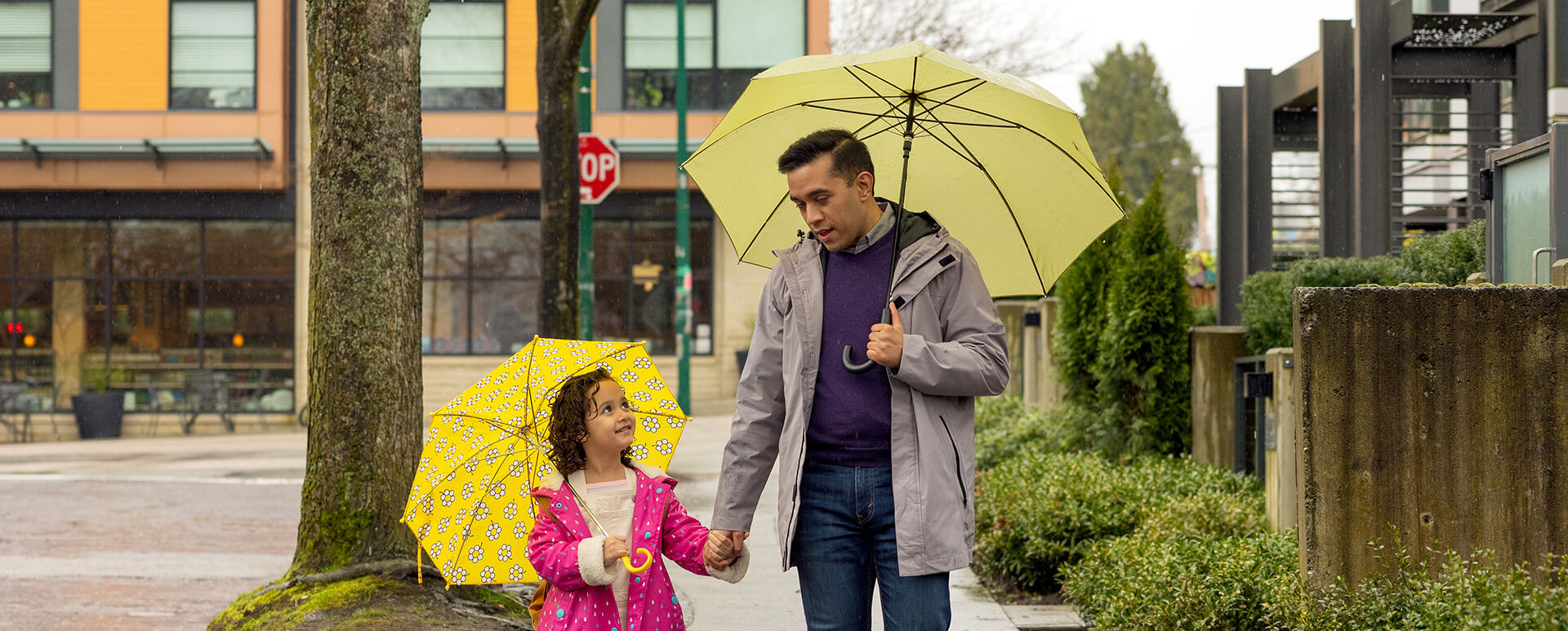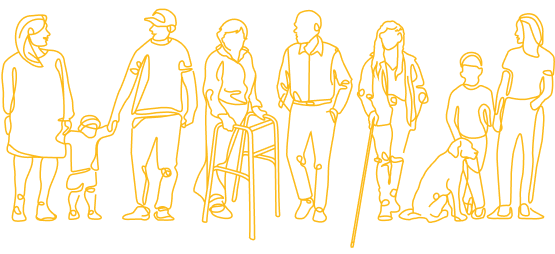
Reducing costs for families
B.C. is a great place to live, but many people are facing big challenges from global inflation and high interest rates squeezing family budgets.
That’s why we’re taking action to ease pressures from rising everyday costs and making it faster and easier to connect to benefits and savings.
Find ways you can save and learn how we’re working to make life more affordable.

Helping families with costs
In these uncertain times, we will not leave people to fend for themselves. We’re working to reduce costs everywhere we can and get families the support they need to get ahead.

Rental assistance
Budget 2025 helps more lower-income families and seniors with rental costs. The rent support families get through the Rental Assistance Program goes up from $400 to $700 per month, and the eligible income threshold goes up from $40,000 to $60,000. More seniors will be eligible for the Shelter Aid for Elderly Renters (SAFER) program thanks to higher income thresholds, and payments will go up 30% – the second increase in a year.
ICBC rebate
Drivers will get another $110 rebate in 2025 following stronger-than-expected returns on investment. Basic rates also remain frozen until March 2026 – marking 6 years without an increase – to help families and workers with every day costs.
Benefits and credits
British Columbians earning up to $148,000 still pay the lowest or second lowest income tax rates in the country. To help with costs, many eligible people can start getting automatic cash benefits like the BC Family Benefit or claim credits and rebates like the Renter’s Tax Rebate when filing taxes each year.
Access savings now

BC Family Benefit Bonus
Eligible families with children under 18 automatically get $1,550 a year, on average, if they filed their taxes.

Lower child care costs
Most families save up to $900 per month per child for child care and out-of-school care costs.

Filing your taxes has its benefits
Automatically get benefit payments available to you to help with the cost of living when you file your taxes.
Connect to benefits and savings
Knowing where to find ways to save money can help, especially when life gets busy. People in B.C. now have a faster and easier way to connect to benefits and savings to help with daily costs through the BC Benefits Connector.

Supports for families with children
Families can access programs to help with the cost of child care, school or sports fees, get basic dental, glasses and hearing care, and start saving for post-secondary.

Supports for renters and homeowners
Renters are protected from high increases and can get help when facing an unexpected financial crisis. More people can now save thousands when buying their first home.

Supports for seniors
Seniors can access a variety of services to help with daily tasks, medical care and supports to remain independent at home longer.

Supports for people when they need it most
Access free counselling, legal aid or employment services, get free help to quit smoking, or apply for income or disability assistance.

Supports for business owners and entrepreneurs
Find out how we’re helping entrepreneurs save money so they can focus on growing and keeping their small business strong.

Help with home energy costs
Households will get a break on their electricity bills this year and can apply for rebates to cover the cost of making homes more energy efficient.

Transportation savings
Drivers will get an ICBC rebate this year and can save when buying an electric vehicle, transit is free for kids 12 and under, and we’re keeping ferry fares affordable.

Health care savings
People in B.C. can access free birth control, one round of IVF, opioid addiction treatment. MSP fees have been eliminated and the Fair PharmaCare plan helps keep medication costs low.

Education and training savings
Students can access more funding to help with the education and training costs to start a new career. Interest on student loans have been eliminated.
